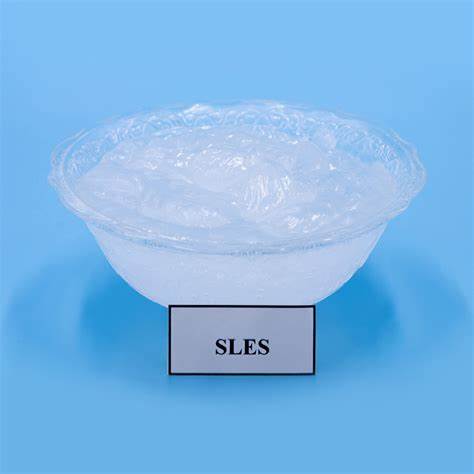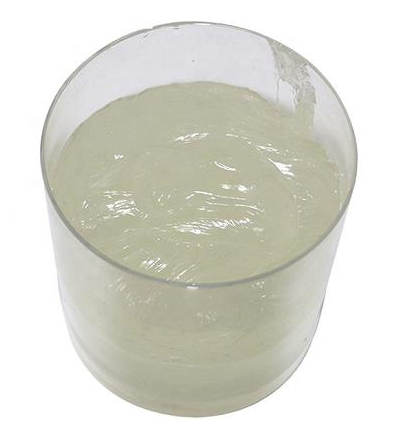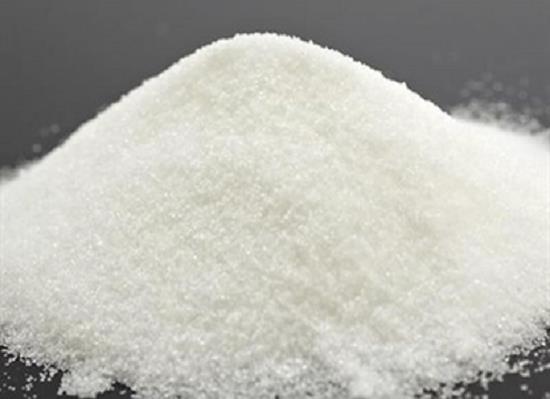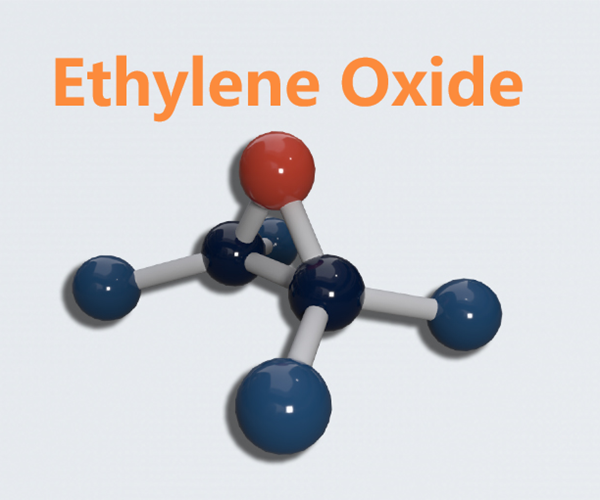Is Sodium Lauryl Ether Sulfate bad?
Sodium lauryl sulfate (SLS) is a surfactant, which means it affects the surfaces it touches. It is used in various products, such as food thickeners, toothpaste, and floor cleaners. SLS is the parent chemical modified to make Sodium Laureth Sulfate (SLES). SLES is gentler and does not strip the epidermis of excess moisture, leaving it feeling soft, smooth, and nourished. SLES is also found in cleaning products.
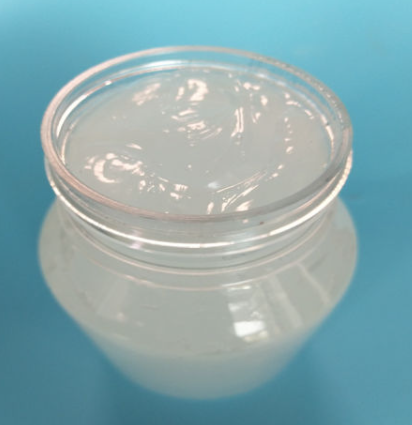
SLES is a common ingredient derived from petroleum and has been widely used in cosmetic products. It is intended to produce a lathering action to wash away oil and debris from your hair. If your shampoo contains SLES, it lathers up readily in the shower. SLES-free shampoos produce little to no later. SLES is not harmful. It offers the most effective cleansing properties compared to other cleaning components in shampoo. Nevertheless, that also explains why it can be detrimental to certain hair types and may even cause scalp irritation if continuously exposed.
SLES may remove too much moisture from the scalp, leaving it dry, unhealthily damaged, and prone to irritation. If you have sensitive skin, contact dermatitis, or eczema, you could get irritated by SLES.
The damage to the scalp barrier is a coherence effect of long-term scalp irritation. You may suffer irritation, itching, discomfort, tightness, and more after prolonged scalp dryness. Chronic barrier damage can make it challenging to stay hydrated, resulting in abnormal epidermal metabolism and dandruff that requires medical treatment.
Related articles And Qustion
See also
Lastest Price from Sodium lauryl ether sulfate manufacturers
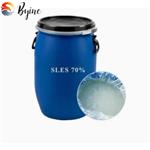
US $150.00/kg2025-11-21
- CAS:
- 68585-34-2
- Min. Order:
- 1kg
- Purity:
- 99%
- Supply Ability:
- 20tons

US $0.00/kg2025-09-18
- CAS:
- 68585-34-2
- Min. Order:
- 1kg
- Purity:
- 99%
- Supply Ability:
- 10000KGS

